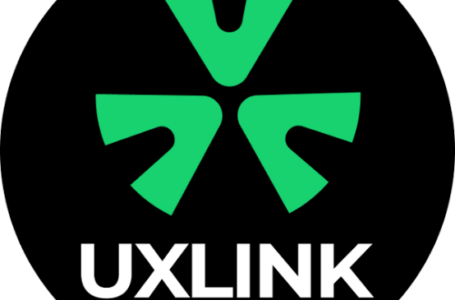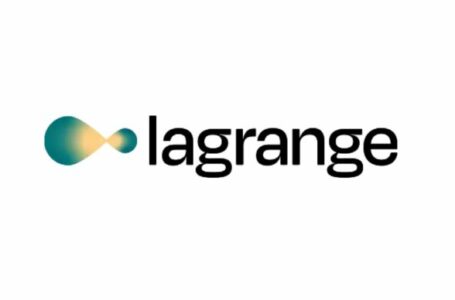Binance's Web3 Wallet and UXLINK, a Web3 social platform, have
Espresso Systems and Polygon Labs are teaming up to develop
Lagrange, accelerates Ethereum transactions using EigenLayer encryption and zero-knowledge proofs

TON will soon offer the Open Network (TON) community token, Notcoin (NOT), for trading on

Binance's Web3 Wallet and UXLINK, a Web3 social platform, have partnered to launch an incentive

Espresso Systems and Polygon Labs are teaming up to develop AggLayer, a solution aimed at

Lagrange, accelerates Ethereum transactions using EigenLayer encryption and zero-knowledge proofs with a $13.2 million investment.

As technology continues to advance, virtual gatherings have evolved beyond simple video calls into immersive

Decentralized Finance (DeFi) stands at the forefront of financial innovation, offering a paradigm shift in

The digital age has transformed the landscape of celebrity and influencer interactions, reshaping how public

Sophon, a layer-2 "hyperchain" leveraging zkSync and modular blockchain tech, raised $60 million through a